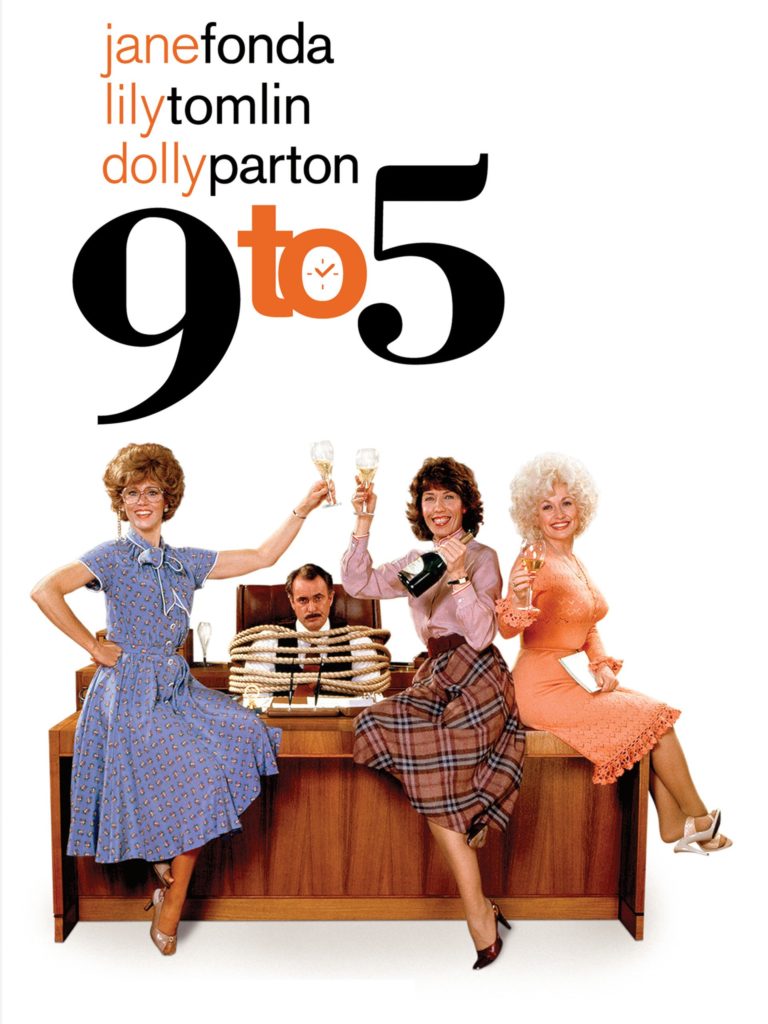The Work Day

The thing about set work hours is that they create a stop to employers demanding work from you. The problem is that the entire idea of the eight hour day has been chipped away at for decades, especially for professionals. This is not a good thing. Whether getting rid of the traditional work day would do anything to give workers more power and control is something that I’m a bit skeptical of, but I did want to note this argument in the Times:
There are any number of reasons workers might want more control over when they work. People may live in one time zone and work in another; for example, financial analysts in Seattle or Los Angeles might not want to start their day at 6:30 a.m. to coincide with the opening of the New York Stock Exchange.
Or they may have a life situation, such as a disability or caregiving responsibility, that requires attention during standard work hours. Some 700,000 parents of young children left the U.S. work force in 2020, many of them because their children were suddenly schooling from home. Surveys by the Pew Research Center indicate that even before the pandemic, many mothers, in particular, felt that conflicts between work and family obligations had damaged their careers.
Our bodies also would benefit from more flexibility. Each of us has a personalized rhythm known as a chronotype — an internal timer that governs when we naturally fall asleep and when we are most alert. For more than half of adults, biological bedtime falls after midnight, which means that a typical 9-to-5 work schedule throws many of us out of sync.
Our early-bird-gets-the-worm ethic often gets applied to office workers who could do their work just as effectively on their own time. A 2014 study found that supervisors who are early risers perceive employees who arrive later as less conscientious, regardless of job performance. Other studies show that workers are more creative and leaders more charismatic when they are not sleep deprived and when their work and biological sleep schedules align.
Recent pandemic upheavals could open the door for new kinds of workplace flexibility, according to Alex Soojung-Kim Pang, a technology forecaster and the author of the books “Shorter” and “Rest.” “I’ve interviewed company owners who said, ‘In February 2020, work from home was the hill I would die on. I absolutely knew my company could never do it. And my people proved me wrong in three weeks,’” he told me. “What this tells us is that there is no assumption about how we work that should not be open to challenge.”
I will say this, also in terms of the potential permanent switch to Daylight Savings,—the fetish about being to work early and getting up early and doing everything early really needs to stop. This is just a combine of the Protestant work ethic with a time fetish about sunrises. I will take my production against just about everyone I’ve ever met, and I routinely sleep 9 or 10 hours a night and get up as late as possible. There’s nothing inherently better about being up early in the morning. For me, it’s by far the worst possible thing unless I am getting up to watch birds or go hiking or something I actually want to do (saw a flicker today by the way, been awhile; it probably won’t shock readers of this site that it was perched on a gravestone). In any case, I worry that everything around time just served employer interests, but there are other arguments to be made on the matter.
